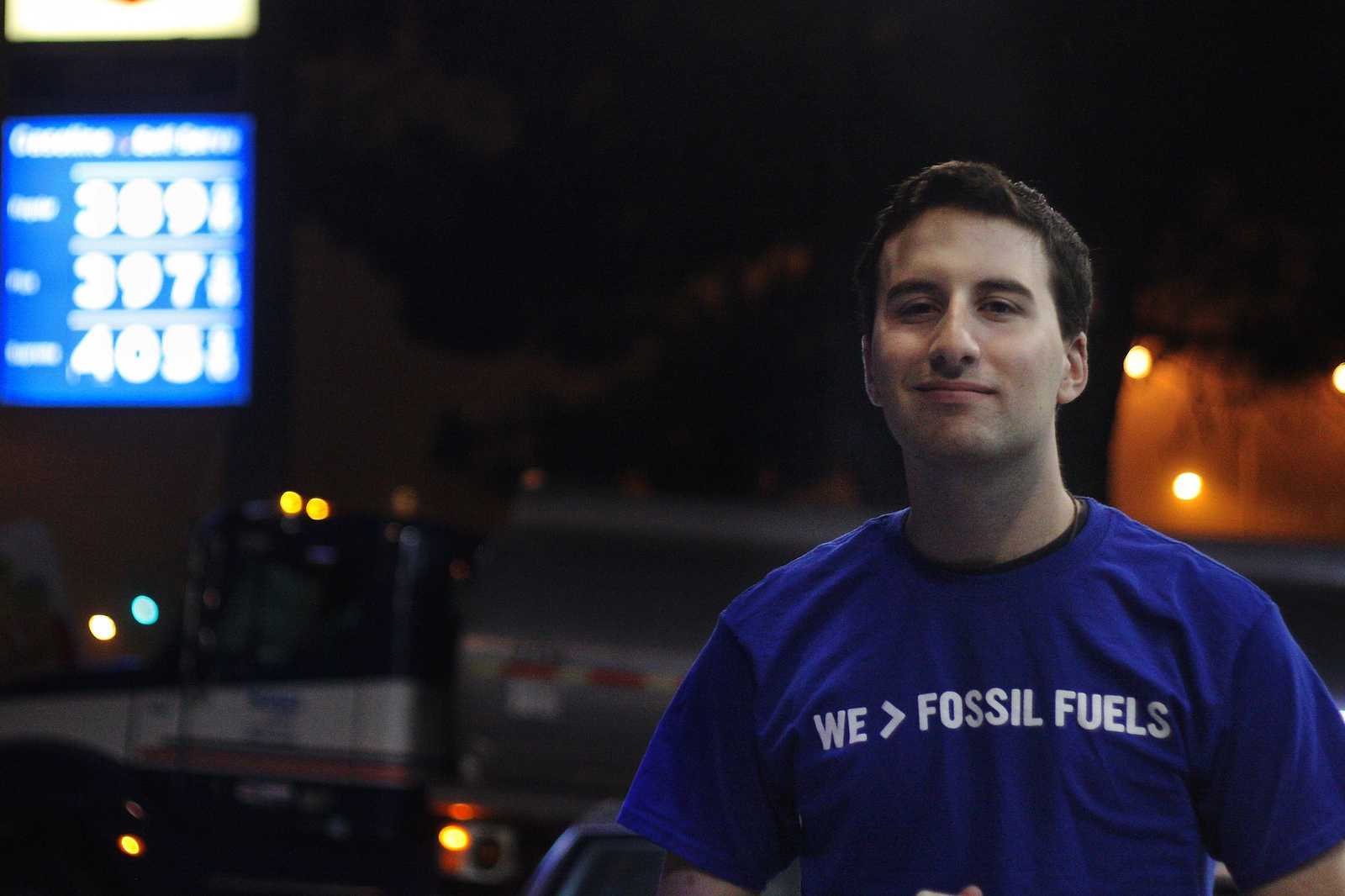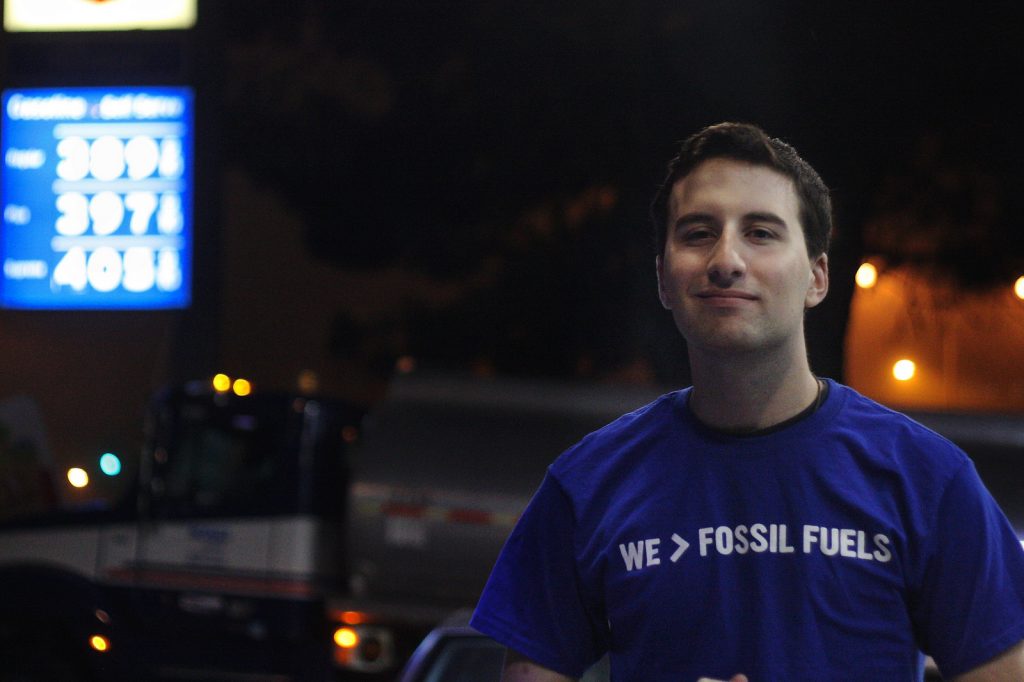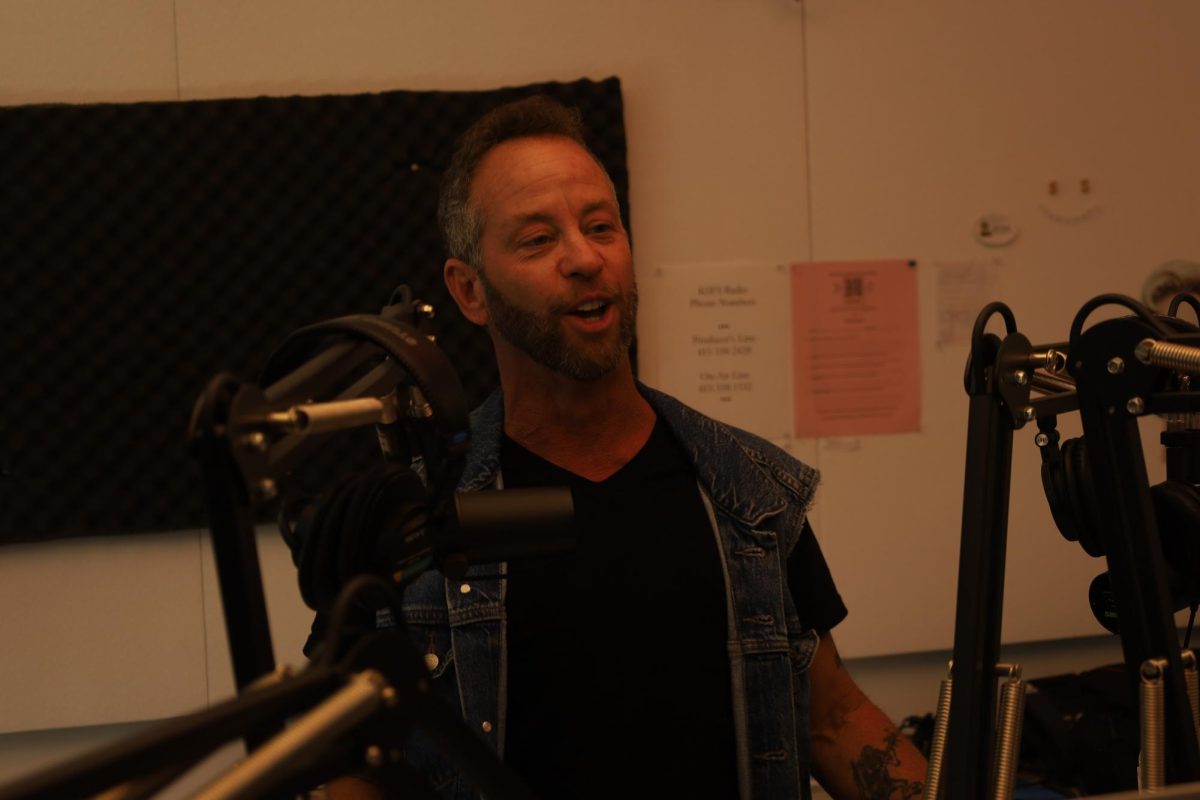
The student group Fossil Free SFSU presented their fossil fuel divestment campaign to the California State Student Association (CSSA) during their monthly conference Oct. 12 at Cal State East Bay to encourage all California State Universities to also divest.
Associated Students, Inc. Vice President of External Affairs Sonya Soltani prompted Fossil Free SFSU — the same people that made SF State the first public university on the west coast to divest from fossil fuel related investments — to present the idea of divestment to CSSA, due to what she called “an increased interest within the CSSA to have their CSU’s divest.”
“There was 13 other campuses that signed up on our contact list to express interest in the divestment campaign, out of 23 CSU campuses, that’s significant, that’s a majority,” Sonya said.
After the Fossil Free SFSU presentation, representatives from Cal State Fullerton and Long Beach have committed to the campaign while Sonoma State, Chico State and Humboldt State are already doing groundwork on their campuses to move toward fossil fuel divestment.
Fossil Free SFSU started their divestment campaign during the spring semester of this year when environmentally driven students discovered that $2.5 out of the $51.2 million in the University‘s endowment went to finance the fossil fuel industry.
Divestment means to reduce or eliminate a certain asset from a portfolio for financial, ethical or political reasons. According to a recent Oxford study, the 350.org fossil fuel divestment campaign is spreading faster than the divestment campaign that led to the downfall of the apartheid regime in South Africa.
Fossil Free SFSU efforts led to not only SF State’s ASI to unanimously commit to supporting fossil fuel divestment, but also the SF State University Foundation voted unanimously to divest last May.
“They filled our room for weeks,” said Soltani, as she explained to CSSA representatives the grassroots nature of this campaign.
Fossil Free SFSU was even able to get President Wong to support divestment on the basis that the University must abide by the “Social Responsibility Clause” of the University’s investment policy.
With Wong on board, the foundation decided to immediately withdraw the investments out of coal and tar sand companies in June.
“We really started from nothing, not knowing much about economics, finances, governance, but over time we proved that we weren’t your typical, tree-hugging environmentalists,” said Fossil Free SFSU Vice Chairman Adam Sherman to a crowd of CSSA representatives that participated in the sustainability breakout session.
Sherman emphasized that such divestment efforts will be incremental in order remain fiscally responsible with current investments.
“You don’t want to scare away potential investors as your CSU is legally bound to be logical with people’s money,” Sherman said while adding that it would take about five years for SF State to fully divest from the $2.5 million.
So far SF State has divested about $200,000 from tar sands and coal. Soltani said that the SF State Foundation through an ad hoc committee will draft a model in March 2014 of how to divest from the remaining funds, mostly in oil, which will then be used as template for other CSUs to follow suit.
“Don’t need to reinvent the wheel,” Soltani said.
The only concerns raised by representatives were on how to convince their administrations or university foundations to go along with divestment.
“We are pretty conservative focusing on higher ed,” said Executive Vice President Jonathan Leggett from Cal State Fullerton. “How does this relate to students? Because people in my ASI would be asking: What makes you different from people dealing with poverty or blood diamonds?”
To address that concern, Soltani suggested that people look at their university’s mission statement or master plan, which is precisely what Fossil Free SFSU did to convince the SF State foundation to divest.
“Our mission statement focuses a lot on sustainability and social justice. I’m confident that many CSU mission statements will have similar language,” said Soltani.
Commissioner of Environmental Affairs of Chico State, Kaitlin Haley, has already called in to other firms that can replace fossil fuel investments at her university.
“There are other options out there that are statistically proven to have greater returns, you just need to research & present this data to your administration.”
Haley said as she stressed the importance of appealing to the financial interests of a university.
Currently, the topic of divestment is not an action item at the next CSSA conference in November as Fossil Free SFSU awaits the results from the SF State Foundation ad hoc committee that will be published March of next year, according to Soltani.
“I’m looking forward to the continued, future discussions on divestment occurring at the March CSSA meeting based off the findings of our foundation,” she said.





